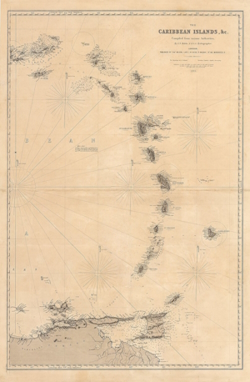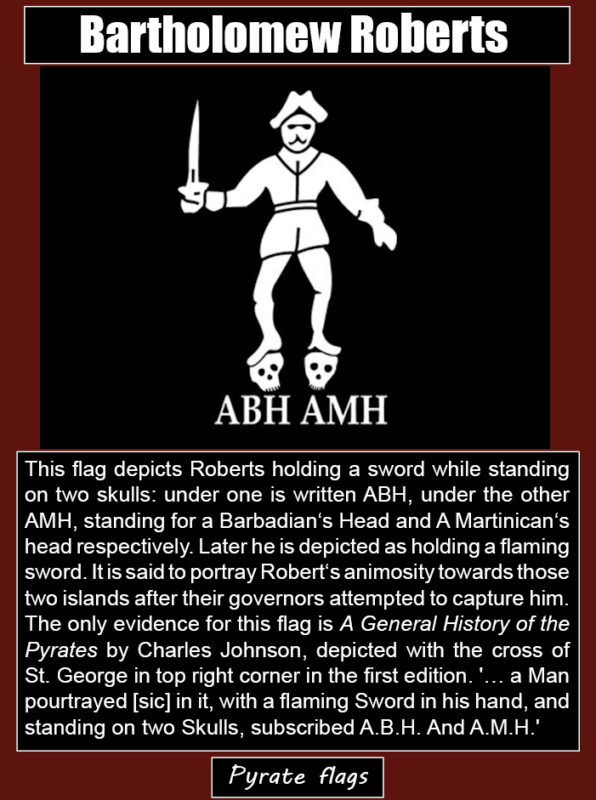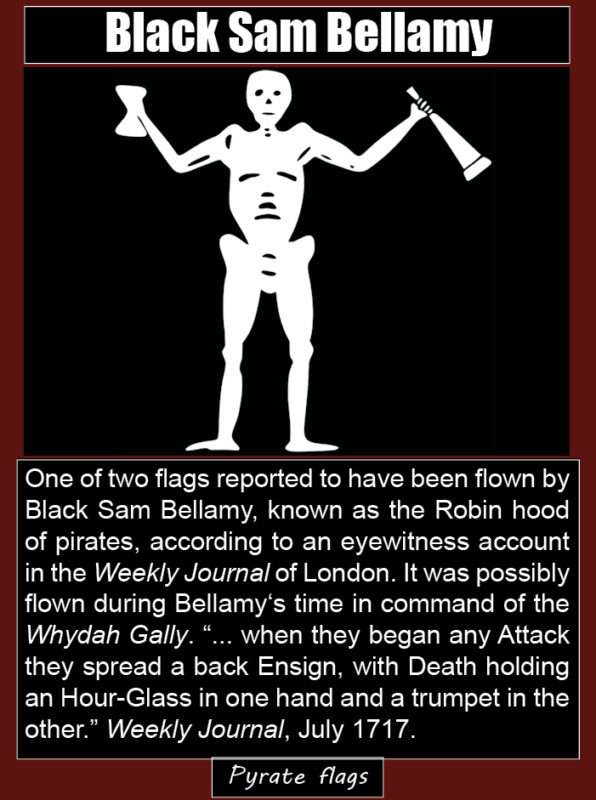 The name King William’s War was given to the American theatre of operations in the Nine Years’ War. It was probably named so because the war broke out when William III ascended to the throne of England and because of the financial interests he held in the Hudson Bay Company. It was fought on a much smaller scale than in Europe. One area of contention was the fur trade in the colonies, another was Caribbean trade. England and Spain, who were traditionally enemies in the Caribbean, were now allied against France, but although the Allies had for the most part the naval advantage in this region, it proved impossible to keep the French from supplying their colonial forces.
The name King William’s War was given to the American theatre of operations in the Nine Years’ War. It was probably named so because the war broke out when William III ascended to the throne of England and because of the financial interests he held in the Hudson Bay Company. It was fought on a much smaller scale than in Europe. One area of contention was the fur trade in the colonies, another was Caribbean trade. England and Spain, who were traditionally enemies in the Caribbean, were now allied against France, but although the Allies had for the most part the naval advantage in this region, it proved impossible to keep the French from supplying their colonial forces.

 The Nine Years’ War, which took place from 1688-1697, was also known as the war of the Grand Alliance, or King William’s War in the Americas. The Grand Alliance was formed by England, the Dutch Republic, and the Grand Duchy of Austria, later to be joined by others, including Spain and Savoy, to oppose Louis XIV’s expansionism on the Rhine and in northern Italy. Louis XIV’s anti-protestant policies, in particular the persecution of the French Huguenots, also made him unpopular with protestant rulers in Europe. This war also sometimes mistakenly referred to as the War of the League of Augsburg after the coalition formed in 1686 by Emperor Leopold I, the kings of Sweden and Spain, and the electors of Bavaria, Saxony, and the Palatinate against the increasing French threat. Louis XIV also made himself unpopular in England by lending his support to the Jacobite cause of the deposed James II of England, attempting to instigate a Catholic crusade to restore James to the throne.…
The Nine Years’ War, which took place from 1688-1697, was also known as the war of the Grand Alliance, or King William’s War in the Americas. The Grand Alliance was formed by England, the Dutch Republic, and the Grand Duchy of Austria, later to be joined by others, including Spain and Savoy, to oppose Louis XIV’s expansionism on the Rhine and in northern Italy. Louis XIV’s anti-protestant policies, in particular the persecution of the French Huguenots, also made him unpopular with protestant rulers in Europe. This war also sometimes mistakenly referred to as the War of the League of Augsburg after the coalition formed in 1686 by Emperor Leopold I, the kings of Sweden and Spain, and the electors of Bavaria, Saxony, and the Palatinate against the increasing French threat. Louis XIV also made himself unpopular in England by lending his support to the Jacobite cause of the deposed James II of England, attempting to instigate a Catholic crusade to restore James to the throne.…

